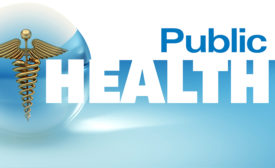News
Big danger in a small space
California worker fatality shows need for confined space in construction rule
Calif. worker fatality shows need for confined space in construction rule
June 26, 2015
Never miss the latest news and trends driving the safety industry
eNewsletter | Website | eMagazine
JOIN TODAYCopyright ©2024. All Rights Reserved BNP Media.
Design, CMS, Hosting & Web Development :: ePublishing






